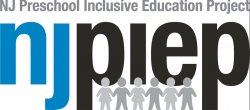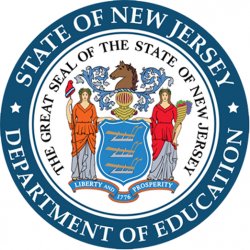
The goals of NJPIEP are to:
- Support and increase the knowledge and skills of interdisciplinary early childhood educational professionals, pre-service teachers and advocacy group members.
- Develop, expand, and improve inclusive practices within early childhood and preschool environments across the state of New Jersey.
To accomplish these goals, our project works closely with participating school districts. Applications are available for technical assistance and / or systemic change.


